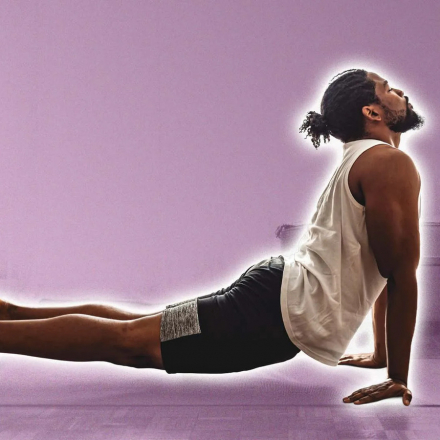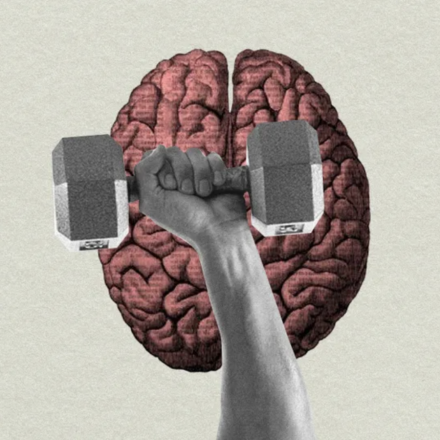Eggs are a food that sparks plenty of debate and questions among those aiming for better health and muscle growth. Should you drink raw eggs first thing in the morning? Or is it better to load up on omelettes after your workout? We talked to experts and uncovered what the science says.
Why are eggs such a health powerhouse?
“I absolutely love eggs,” says nutritionist Dana Chapman, who probably never skips them for breakfast, lunch, or dinner.
Eggs aren’t just tasty and versatile. They’re packed with choline — a key nutrient for brain health that helps protect against diseases like Alzheimer’s and plays a role in producing neurotransmitters linked to motivation, sleep, and libido.
They’re also rich in vitamin A, essential for reproduction, eye health, and skin, as well as selenium — a powerful antioxidant that helps protect cells from damage.
But the real star is protein. According to Drew Price, author of The Dodo Diet, eggs have an ideal amino acid profile, including all essential amino acids. Protein is found in both the yolk and the white — so eat the whole egg.
Leucine, an amino acid especially important for stimulating muscle protein synthesis, supporting growth and recovery, and helping regulate blood sugar, is a key component in eggs.
Are there better protein sources than eggs?
Eggs are an excellent protein source but not the only one. “If you’re tracking macros, you might also want to look at fish, turkey, chicken, and lean red meat,” explains Chapman. For example, 100 grams of eggs contain about 12.6 grams of protein, while 100 grams of turkey packs 29 grams.
Drew Price recommends evaluating foods based on three factors: cost per gram of protein, grams of protein per calorie, and protein quality. Canned tuna often tops the list in these categories.
How many eggs can you eat per day?
It used to be thought that eggs raised “bad” cholesterol, but modern research has largely dispelled this fear. There’s no clear upper limit — unless you’re eating 20 eggs a day, which hasn’t really been tested.
Meta-analyses show weak links between high egg consumption and certain cancers or heart diseases but also suggest potential protective effects.
If you don’t have hypercholesterolemia, you can safely include eggs in your diet without many restrictions.
How to get the most out of your eggs?
Protein content in eggs doesn’t change depending on how you cook them, but you can add ingredients to boost protein intake. Chapman recommends, for example, whole-grain toast with avocado, boiled eggs, and cottage cheese or adding eggs to oatmeal — tasty and nutritious.
The most important thing is to cook the eggs. “The idea of drinking raw eggs before training is a myth. Eggs contain enzyme inhibitors that interfere with protein digestion, and cooking deactivates these,” explains Price.
His favorite quick 40-gram protein breakfast recipe: sauté vegetables and spices in olive oil, add three beaten eggs, scramble until set, add a few slices of low-fat cheese, wrap it all in a tortilla with hot sauce — and enjoy.
Is breakfast the best time to eat eggs — morning or evening?
Pinpointing an ideal time is tricky. Scientific evidence is limited and results are mixed.
What really matters most is total protein intake and quality over timing.
Chapman says, “There’s no best time. Eggs in the morning help balance blood sugar, after workouts they replenish glycogen, and at night choline aids acetylcholine production, which improves sleep.”
Price agrees: “The best time to eat eggs is whenever it’s easiest for you to include them in your diet.”
In short, eat eggs whenever you can — and enjoy the results.


















